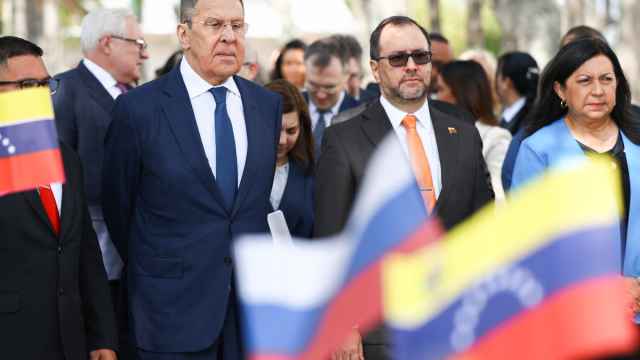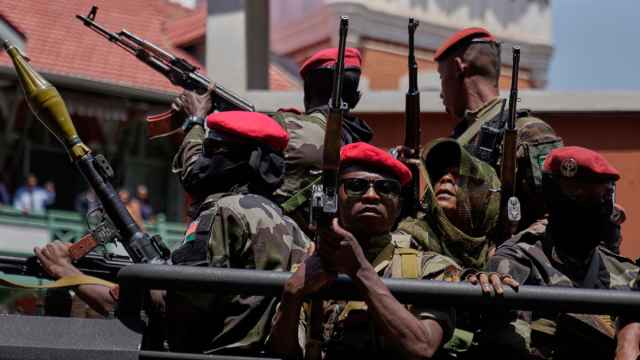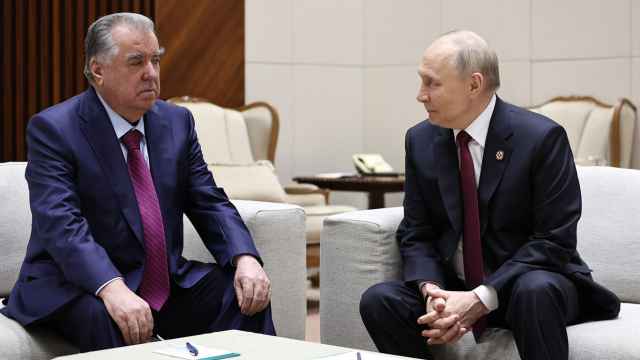Under the current criminal code, treason is defined as an action aimed at damaging the country's "external security." The bill, submitted to the Duma on Friday, would expand that definition to include damaging the country's "constitutional order, sovereignty, territorial and state integrity," Kommersant reported.
The bill would also expand the definition of espionage, adding international nongovernmental organizations and their representatives to the list of forbidden recipients of state secrets. Currently that list only includes foreign governments and their organizations or representatives.
Human rights activist Lev Levinson said the bill could severely hamper the work of NGOs.
A Message from The Moscow Times:
Dear readers,
We are facing unprecedented challenges. Russia's Prosecutor General's Office has designated The Moscow Times as an "undesirable" organization, criminalizing our work and putting our staff at risk of prosecution. This follows our earlier unjust labeling as a "foreign agent."
These actions are direct attempts to silence independent journalism in Russia. The authorities claim our work "discredits the decisions of the Russian leadership." We see things differently: we strive to provide accurate, unbiased reporting on Russia.
We, the journalists of The Moscow Times, refuse to be silenced. But to continue our work, we need your help.
Your support, no matter how small, makes a world of difference. If you can, please support us monthly starting from just $2. It's quick to set up, and every contribution makes a significant impact.
By supporting The Moscow Times, you're defending open, independent journalism in the face of repression. Thank you for standing with us.
Remind me later.





